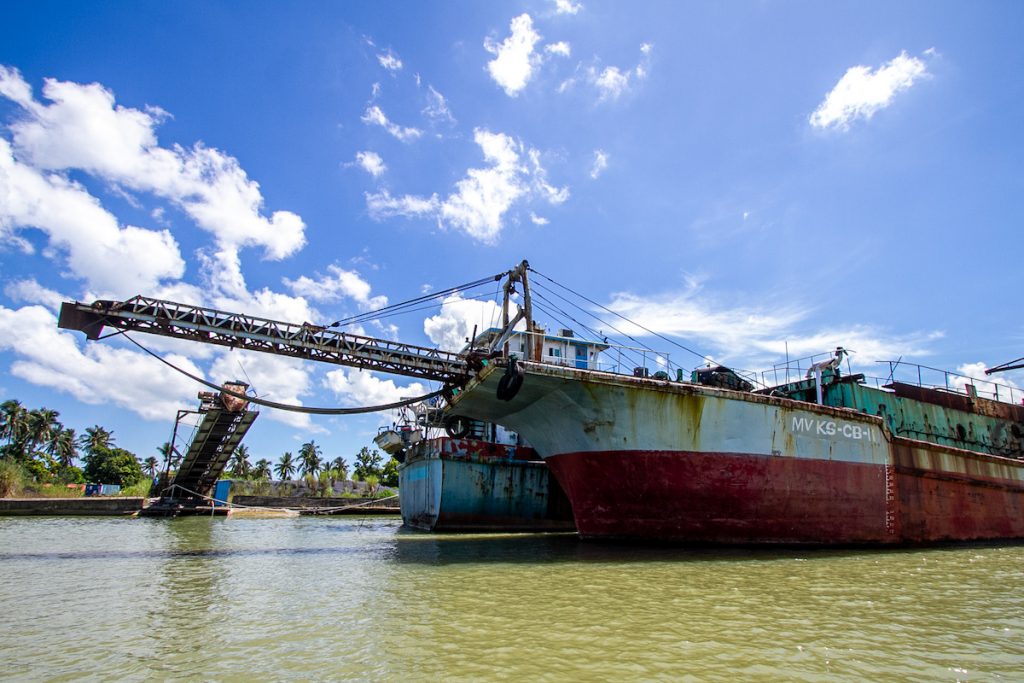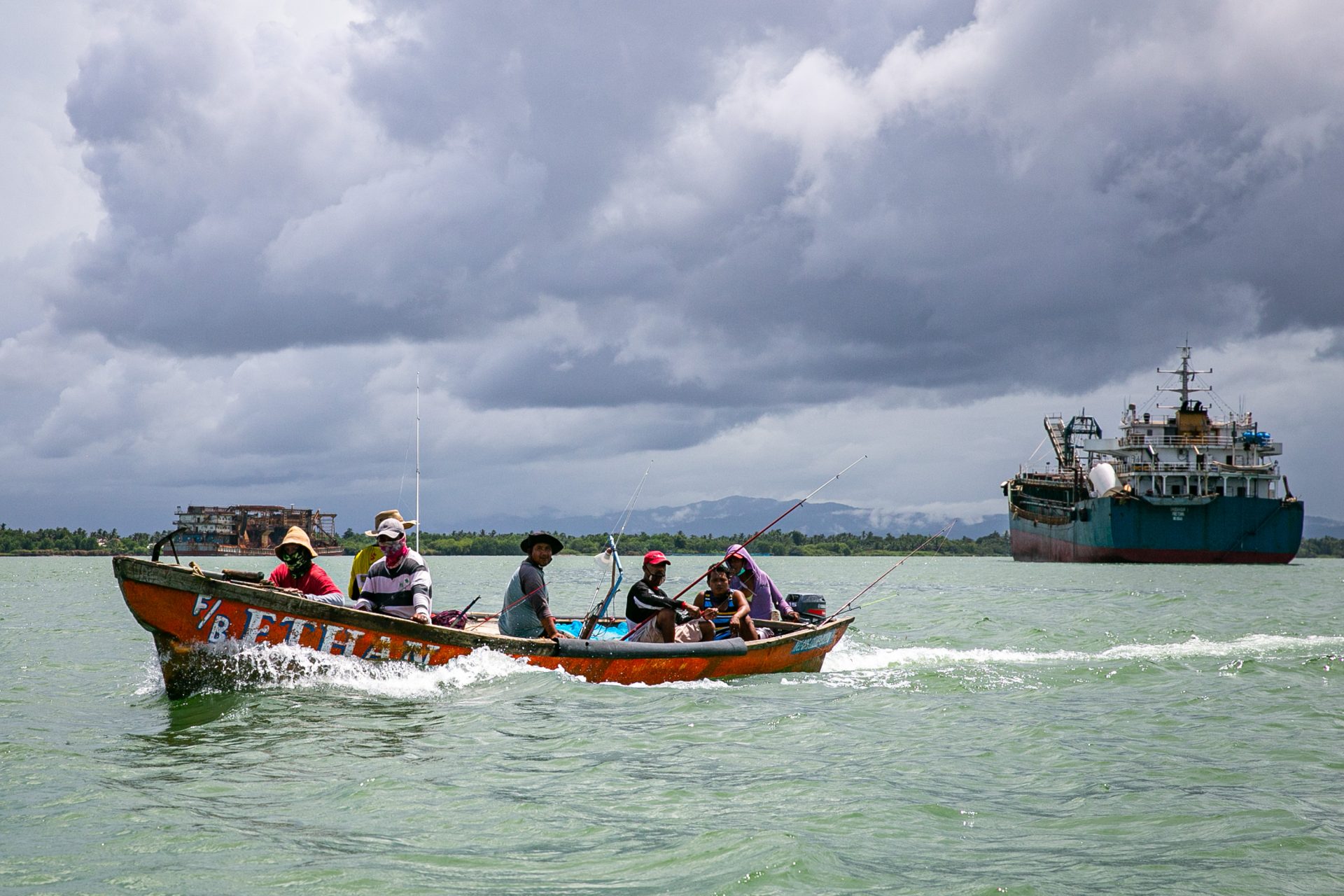Everyone needs to rally behind communities that are opposing black sand mining operations in the northern Philippines.
This was the urgent call of Father Antonio Labiao, executive secretary of Caritas Philippines, noting that many civil society groups are looking at the activity as “a local issue, not a national concern.”
He said civil society organizations and faith-based groups “have a huge role in educating the public that this ecological concern affects the entire country.”
“We must stand together against any activity that harms the environment and the communities,” said the priest. “We can help in exposing the truth and encourage the public to speak,” he added.
Cagayan province in the northern Philippines hosts a large-scale offshore magnetite mining, which is supposed to be fully operational starting this year.
The group Cagayan Advocates for the Integrity of Creation alleged that the Cagayan River was also subjected to “a destructive black sand extraction in the guise of a river restoration project.”
Father Manuel Catral, lead convenor of of the group, said proponents of the “river restoration project” are not telling the truth and the real nature of the project.
The priest said ships and equipment have been stationed along the Cagayan River near Aparri town and have been used for extraction of black sand “and not just for simple dredging or river restoration activity.”
A Memorandum of Agreement between the Philippines’ Department of Environment and Natural Resources and the project proponent, Great River North Consortium, dated Dec. 10, 2020, stated that a restoration activity along the Cagayan River is needed to address the “massive flooding” in the province.
Father Catral, however, alleged that the project proponent has “started the extraction and already transported black sand from the river to a foreign country four times since June this year.”

In February, Cagayan Governor Manuel Mamba gave assurances that no black sand mining would take place in the dredging of the Cagayan River.
“I will resign as governor of this province if there is any evidence of black sand mining in the Cagayan River during its rehabilitation,” said Mamba in a report that appeared on the Manila Times.
Environmental activists and religious leaders have repeatedly expressed opposition to the seabed mining project in the northern Philippine province of Cagayan.
The groups have called on the government to reconsider the project, saying it would decrease the catch of more than 37,000 registered fisherfolk in the area.
JDVC Resources Corporation, a subsidiary of publicly listed company Apollo Global Capital, however, asserted that its operations will not disturb the environment.
The company assured the government that there will be minimal impact on the sea environment as studies by a Singapore-based survey company showed that there is no coral or aquamarine life within the mining area, which is 150 meters below sea level.
In a separate position paper, 78 environmental organizations said the project will “potentially destroy the ecosystems” in an adjacent marine mammal area and in a nearby protected area.
The International Union for Conservation of Nature included marine mammals like humpback whales found in the area in its 2019 Red List of Threatened Species and in the 2012 Red List Status of Marine Mammals of the Philippines.
The Development Bank of the Philippines has granted a US$8 million credit line to JDVC to help the firm bankroll the magnetite iron mining project.







